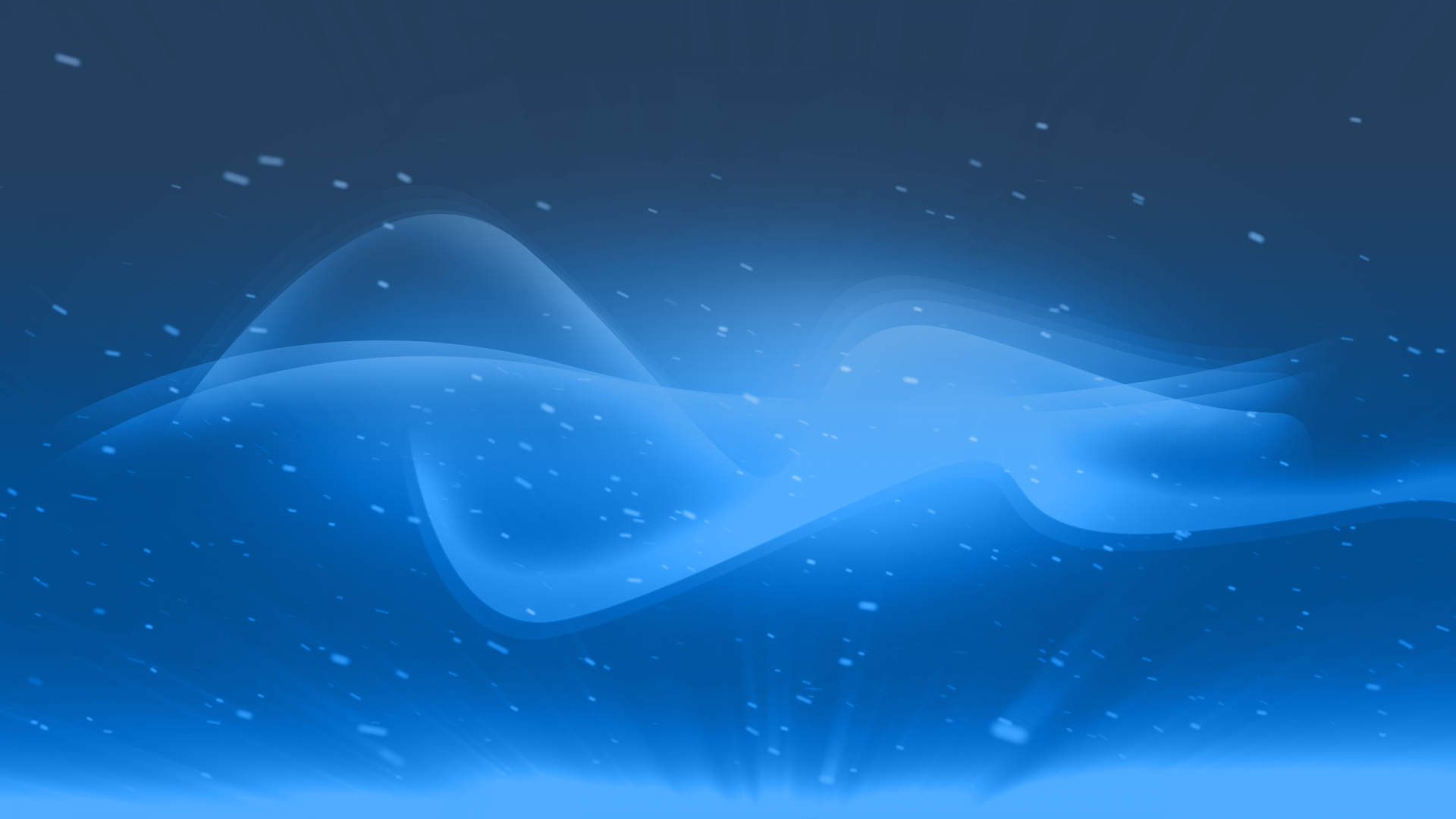Cyber attacks, politically motivated censorship and government control are among the threats to internet freedom, according to a study found on USENET newsgroups.
The “Freedom on the Net 2011: A Global Assessment of Internet and Digital Media” study was released Monday by Freedom House, an independent US-based watchdog organisation. According to the report’s findings, countries such as Estonia, the USA, Germany and Australia are all the places to be if you’re looking to enjoy a largely open and free Internet and USENET experience.
However, if censorship is something that floats your online boat, then plugging in your Ethernet cable should be sought out in China, Saudi Arabia and Iran—the latter of which emerged as the worst country put beneath the microscope, where in some, USENET newsgroups are almost is impossible to access.
The report evaluated countries on a sliding scale of openness beginning at zero, which marked a completely ‘Free’ and open Internet, and 100, which was labeled as ‘Not Free’ and denoted an online rife with censorship.
Estonia currently leads the world with an impressive score of 10, while the USA follows close behind with 13 and Germany rounds out the top three with 16.
Meanwhile, at the less desirable end of the table, Iran brings up the rear with a shocking score of 89, while the likes of China and Saudi Arabia fair poorly with 83 and 70 respectively.
Despite the fairly decent positioning of major Internet and USENET nations such as the USA, Germany and the UK (which scored a ‘Free’ 25), the study’s authors were keen to outline that even the world’s more open and free countries walk a fine line where Internet and USENET censorship is concerned.
“One aspect of censorship was evident across the full spectrum of countries studies: the arbitrariness and opacity surrounding decision to restrict particular content…” the report warned.
“Even in more transparent, democratic environment, censorship decision are often made by private entities and without public discussion, and appeals processes may be onerous, little known, or nonexistent,” it added.



